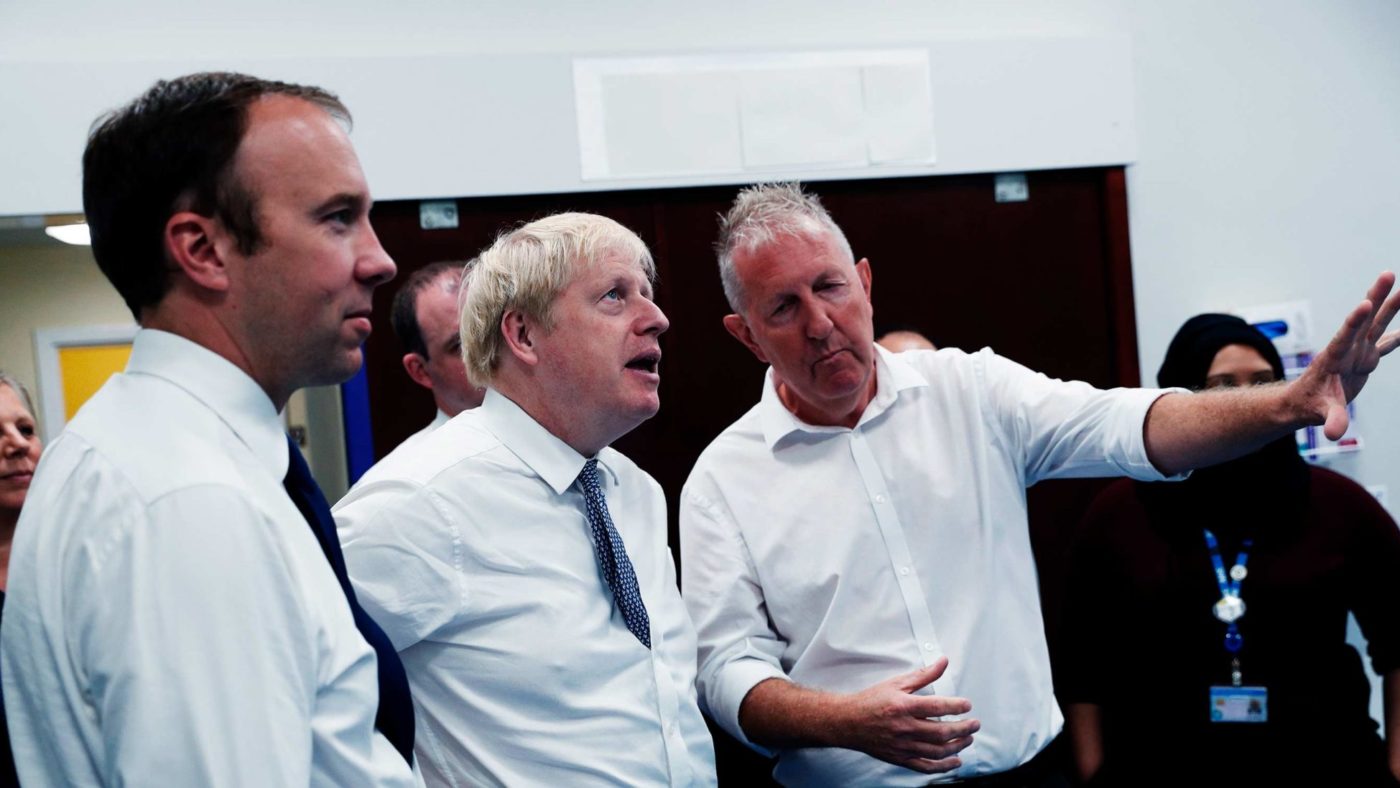The announcement of a winter election hasn’t exactly translated to election fever sweeping the nation, more the Westminster bubble plunging into a polling-induced fatigue. Nevertheless, all of the UK is heading to the ballot box in December, and with the inevitable, yearly NHS winter crisis on the horizon, the health service is even more likely to feature heavily on the election literature.
For the Labour Party, it’s a simple message: summon up the spirit of Nye Bevan, kneel at the altar of “Our Precious NHS”, and mention healthcare spending with every third breath. This is likely to be a popular tactic, but not one that is going to improve patient outcomes in the health service. As highlighted by my IEA colleague Kristian Niemietz in his latest book on the NHS, ours is already one of the most centralised and bureaucratic healthcare systems in the world. It ranks in the bottom third of international health system performance, compared to other developed countries’ systems. The additional £20 billion (per annum) of funding pledged last year by the Conservative Party is only a short-term fix, which is likely to be money down the drain in a few years’ time. Pledging more money may keep the broken system afloat, but it certainly won’t improve it.
Unfortunately these truth bullets fail to gain much traction on the left or the right. The National Health Service is a religion, the jewel in the crown of the welfare state, and any acknowledgement that it could possibly be improved is met with scathing pushback. And not simply if you want to improve the actual delivery of care; even the talk of future trade deals is being tarred with fearmongering around healthcare. Try defending NHS carparking charges as a sensible way to raise revenue and nudge people on to public transport – you must be condemned.
Perhaps the public’s irrational response to NHS discussion is why the Conservative Party is taking such an aggressively-pro NHS stance in this election cycle as well. At the most recent PMQs, the Prime Minister boosted that the government had put a “stupendous” amount of money into the health service and would continue “standing up for our NHS”, openly competing with the Labour Party to be deemed the ‘party of the NHS’.
But aping Labour’s rhetoric and offering much of the same policies on the NHS won’t necessarily pay off in an election campaign. When the former Prime Minister Theresa May tried a similar tactic, announcing the additional £20 billion last year, Labour didn’t praise them – they said it wasn’t enough.
Arguably, it isn’t – but not because of the opposition’s reasoning. Throwing money at the NHS without even considering structural reform, measures to boost competition and increase patient choice won’t lead to a health service the country deserves.
The last 48 hours have shown us that the NHS will be a main pillar of this general election, and both parties need to ask themselves serious questions about how they have presented their arguments thus far. Would Labour really reject any trade deal with the United States if the NHS were ‘on the table’ – even if it meant US drug companies could more easily sell life-saving medications into the UK, for use by British patients? Can the Conservative Party really stick to remaining completely uncritical of the NHS which, in effect, mirrors the Labour Party’s public policy stance, badly masked by a blue rosette?
A general election is probably the worst time to have an honest conversation with the British public about the realities of the health service. May tried to address social care in 2017 – a grave electoral error.
But whichever party (or parties) end up in 10 Downing Street come mid-December, a long, hard look at our health system will be crucial, to address its crumbling buildings, middling outcomes, and over-stretched staff. At the moment, no major party seems to have a strong reform agenda for this massive institution; yet now more than ever, we need bold policy decisions that will change things for the better, not kick the can even further down the road.
CapX depends on the generosity of its donors. If you value what we do, please consider making a donation.


